Electric Vehicles in the Philippines: What You Need to Know in 2025

As the Philippines pushes toward a more sustainable and energy-efficient future, electric vehicles (EVs) are becoming more than just a trend—they’re a smart solution for transportation, energy, and the environment. In this article, we’ll explore the state of EVs in the Philippines, the benefits and challenges, available models, government incentives, and what the future holds […]
Understanding Professional Fee Withholding Tax in the Philippines
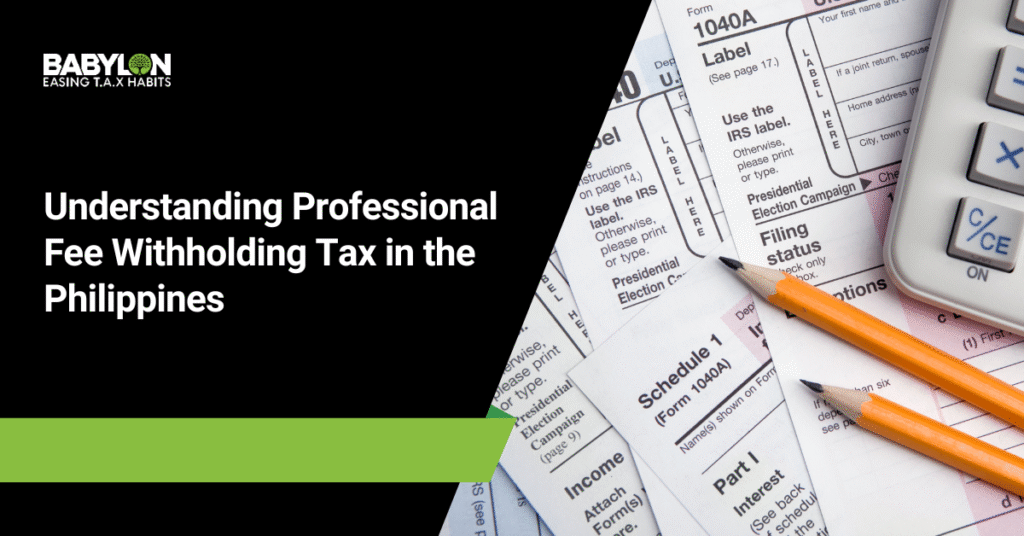
If you’re a business owner hiring professionals, or you’re a self-employed freelancer or consultant, it’s essential to understand how Professional Fee Withholding Tax works in the Philippines. It affects how much income is withheld, reported, and remitted to the BIR. In this guide, we’ll break down what professional withholding tax is, who needs to withhold […]
Final Withholding Tax Updates for Prime Peso and USD Deposits Under CMEPA (RA 12214)
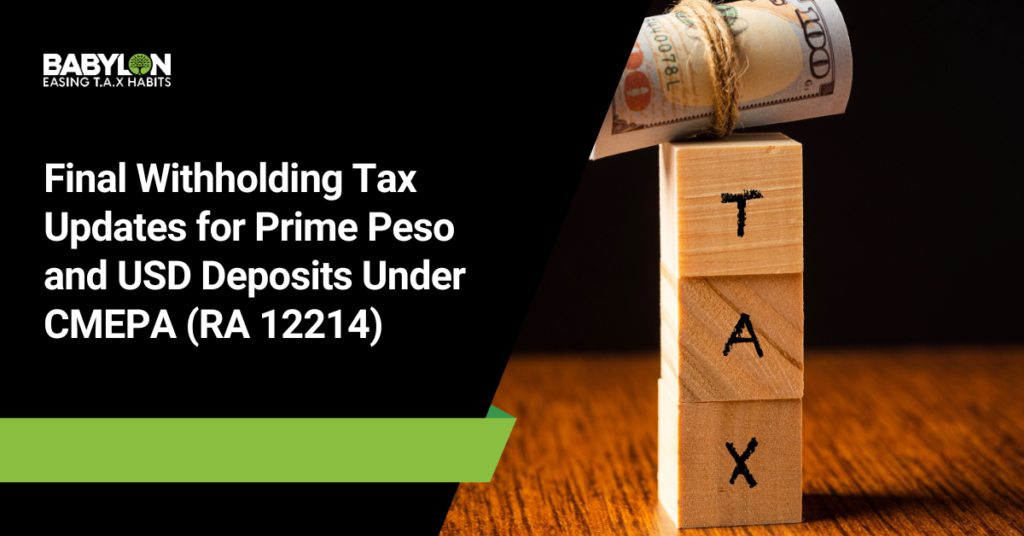
Starting July 1, 2025, the rules on final withholding tax (FWT) for interest earned on both short- and long-term deposits are changing in the Philippines. This is due to the implementation of Republic Act No. 12214, or the Capital Markets Efficiency Promotion Act (CMEPA)—a new law aimed at simplifying the tax system and making the […]
New Philippine Check Writing Standards Take Effect July 2025
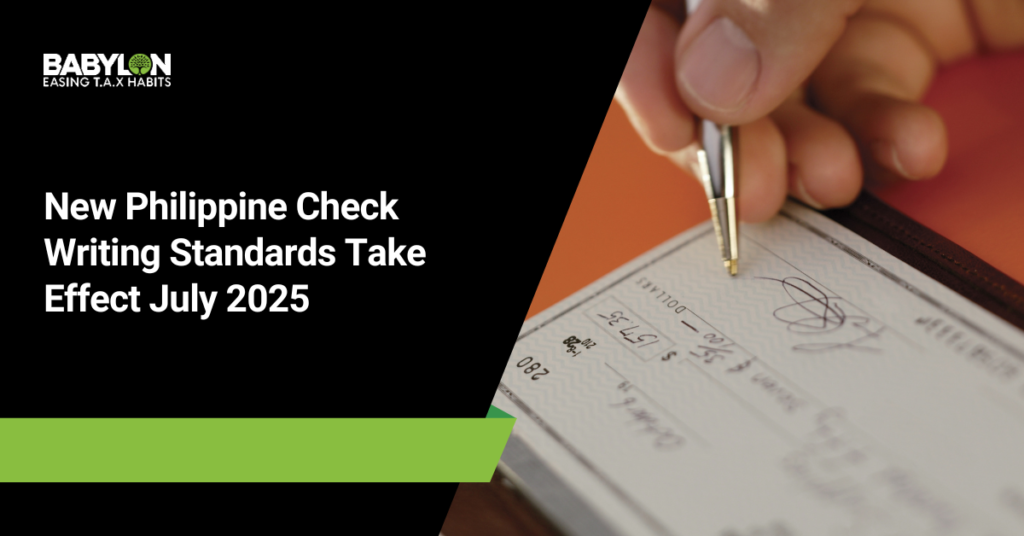
Starting July 1, 2025, banks in the Philippines will no longer accept checks that do not follow the updated format mandated by the Philippine Clearing House Corporation (PCHC). The updated design, introduced in May 2024, aims to reduce fraud and streamline check clearing through standardized formatting. While a transition period has allowed both old and […]
PEZA Incentives Under CREATE MORE: What Tax Professionals Need to Know
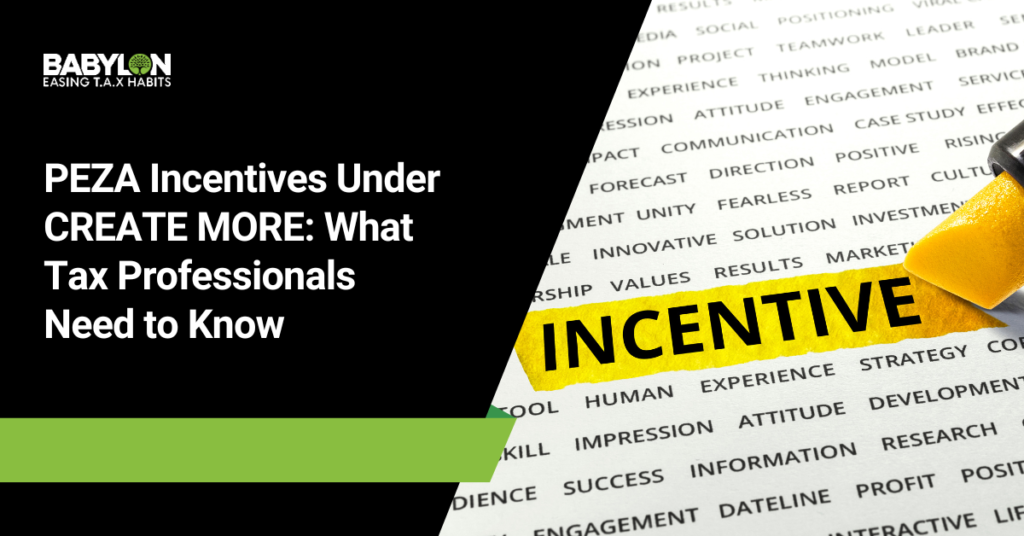
On June 25, 2025, the Tax Management Association of the Philippines (TMAP) held its June Tax Seminar at the Makati Diamond Residences, drawing in a full house of tax professionals, business leaders, and legal experts for an insightful afternoon focused on pressing tax and investment topics. One of the most relevant discussions? A deep dive […]
Capital Markets Just Got a Tax Makeover: What You Need to Know About RA 12214 (CMEPA)
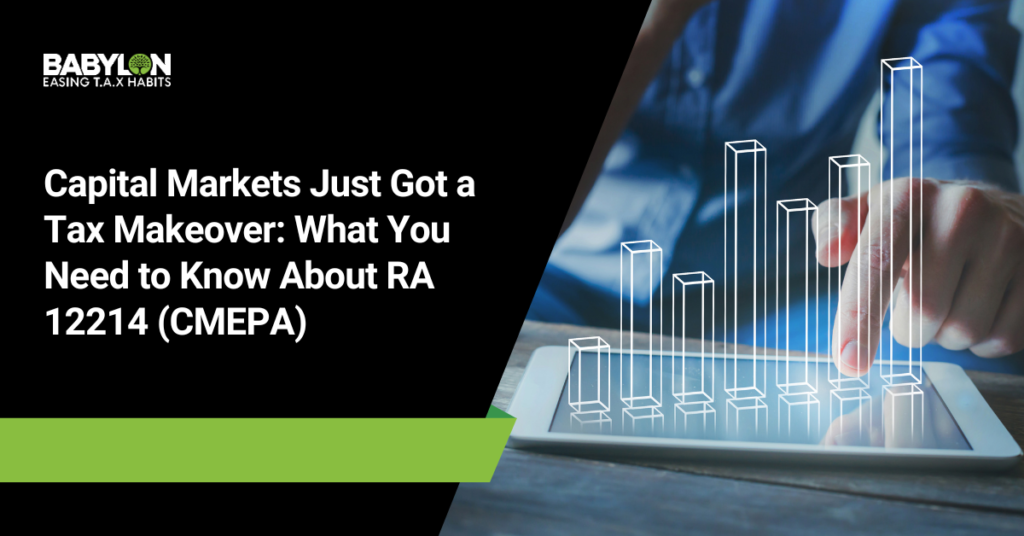
Effective July 1, 2025, the Capital Markets Efficiency Promotion Act (CMEPA)—officially Republic Act No. 12214—goes live. And for the financial sector, that’s not just a footnote in tax law. It’s a game-changing shift in how capital income is taxed and how investments are encouraged in the Philippines. Passed to sharpen the country’s edge in global […]
Digital Transformation in the Philippines: The Rise of Cashless Payments
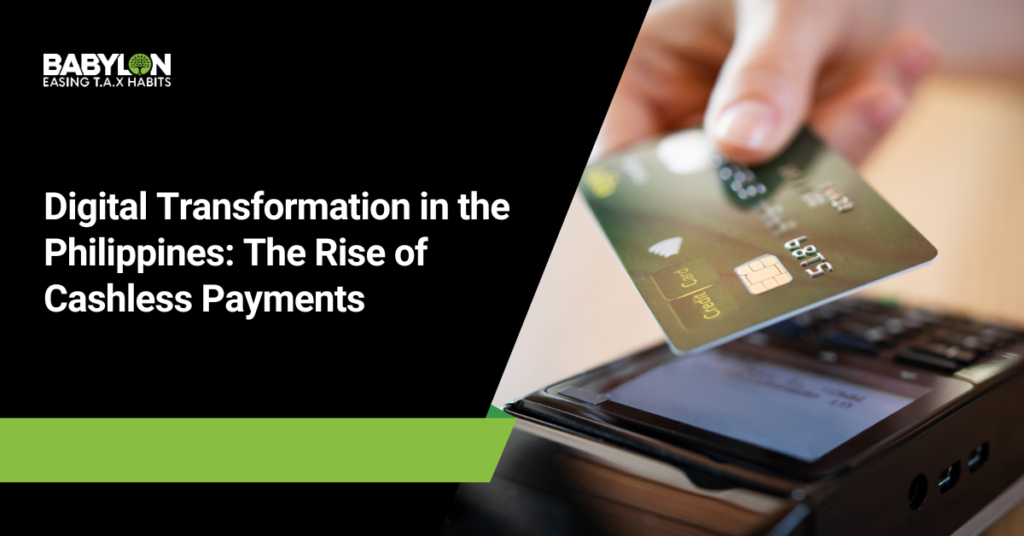
The Bangko Sentral ng Pilipinas just released its 2024 “Status of Digital Payments” report—and it’s a game‑changer. Digital transactions now make up 57.4 % of all retail payment volume, rising from 52.8 % in 2023. On the value side, e‑money claims 59 %, up from 55.3 % last year—surpassing the Philippine Development Plan’s target range of 52–54 %. Momentum & Milestones […]
Internet Transactions Act Now Live — What You Need to Know

What’s New? Republic Act 11967—also known as the Internet Transactions Act (ITA)—has officially entered full effect as of June 20, 2025, concluding its 18‑month compliance lead time. This law empowers the Department of Trade and Industry (DTI) to: Why It Matters New Powers for Government & Platforms Private Sector Cheers Major players—Lazada, Shopee, Zalora, Foodpanda, Grab, […]
Offshore Wind in the Philippines Just Got a Boost—Here’s What You Need to Know About the DOE’s New Permitting Guidebook
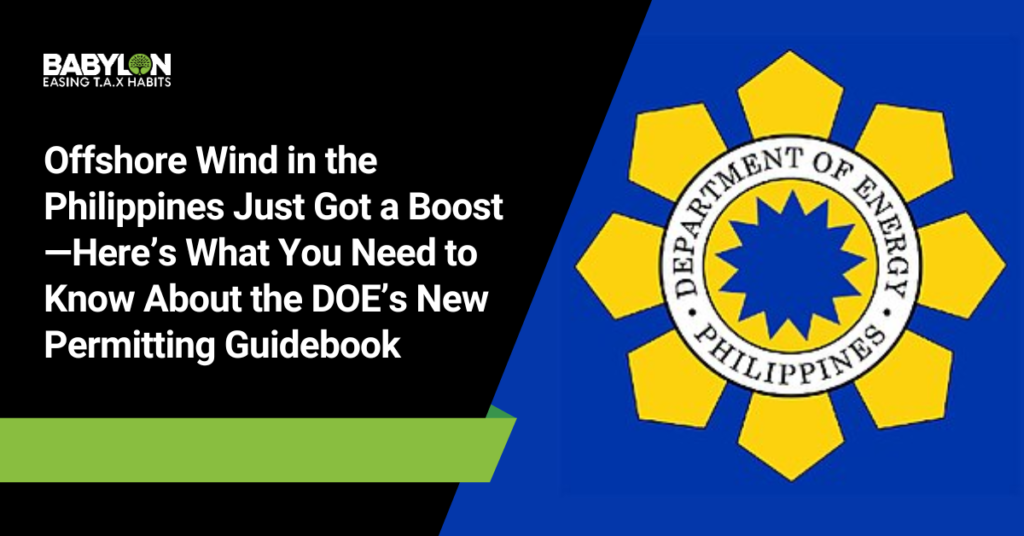
What’s the Big Deal? The Department of Energy (DOE) just released the “Compendium: Guidebook to Permitting and Consenting for Offshore Wind Energy Projects.” In a sector long known for red tape, this is a breakthrough document—designed to make it faster, clearer, and more consistent to develop wind farms in Philippine waters. Whether you’re a local […]
Can Philippine Tax Collections Keep Up With Its Growing Debt?

As of 2024, the Philippines is sitting on a total debt pile of ₱16.05 trillion—about 60.7% of GDP. Of that, ₱5.14 trillion (USD 137.6 billion) is external debt. That means roughly 30% of our entire economy is owed to lenders abroad—from multilateral powerhouses like the ADB, World Bank, IMF to bilateral partners like Japan and […]